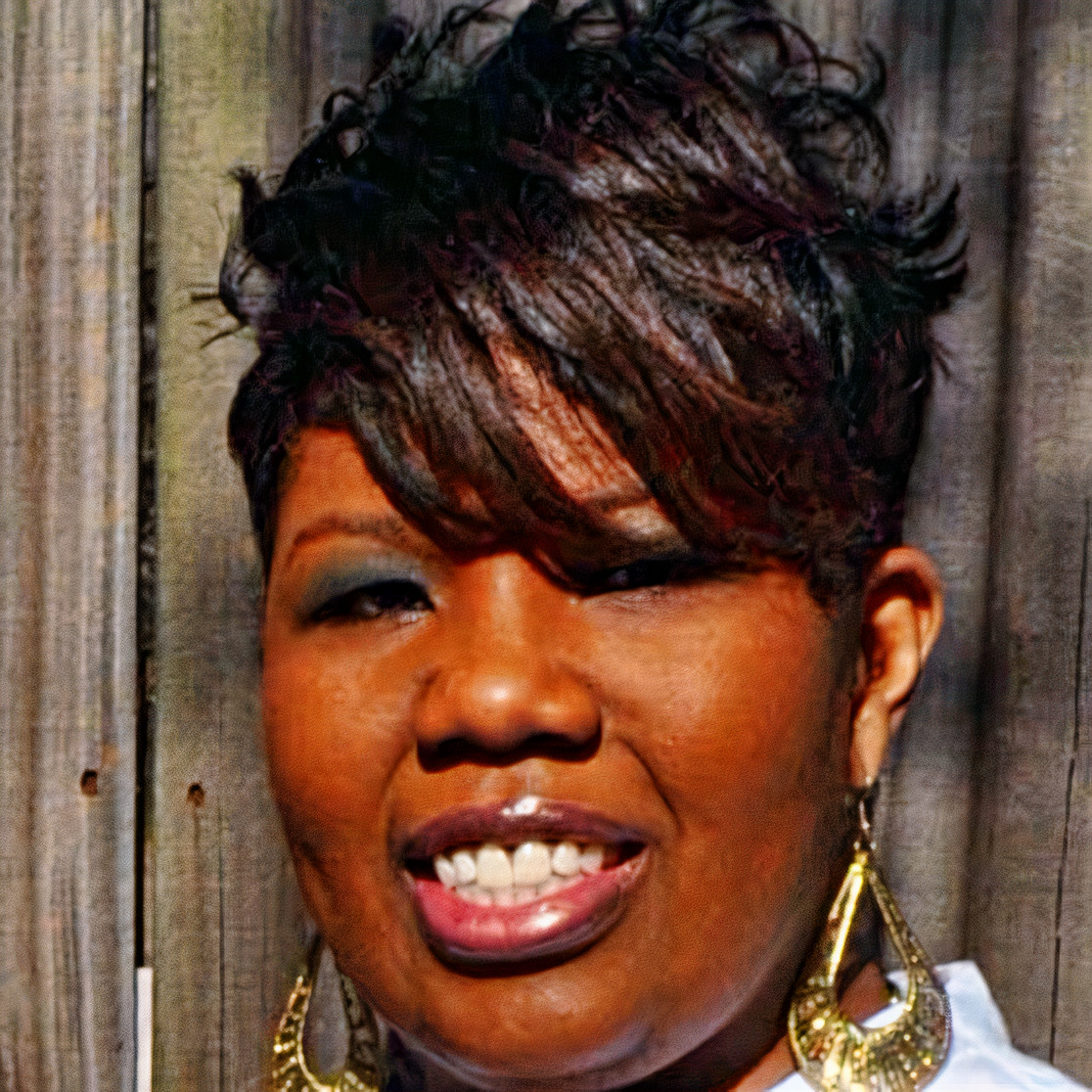
by Vedria E. Millage, LMSW and member of Hand to Hold Board of Directors
In our society, there are unspoken expectations to go, go, go! Many consider rest to be indulgent and a privilege, resulting in feelings of guilt for taking a minute to focus on themselves. This is especially true for NICU parents, as it is difficult to find balance between life in the NICU and life outside the hospital.
Having a baby in the NICU can feel like life threw you a curveball, and most parents are never really prepared. Given that you were most likely thrust into the unexpected premature birth of your baby while coping with many different emotions, in addition to dealing with the constant demands of fulfilling regular commitments, caring for loved ones, paying bills, work and all other things “adulting,” the concept of slowing down can feel so hard to obtain. To top it off, 2020 was definitely a challenging year. It brought a new definition of “tired” as we entered into a global pandemic, encountered several natural disasters, and continued fighting for racial and social justice, to name a few. Does any of this resonate with you?
If you are like me, this past year has stretched you beyond your comfort zone at times, and the slower pace during the holidays provided an opportunity to catch your breath and reset, with resting being the antidote. If you have found yourself intimately familiar with the words “fatigue,” “exhaustion,” “weariness,” and “burnout” in both the physical and emotional sense, I want to encourage you to become intentional about the practice of finding time and making space for rest.
It is imperative that we figure out how to rest, as our bodies naturally tell us we need it all the time. Rest is essential for our bodies; it helps us reset our mind and recharge. When we don’t give our mind a chance to pause and refresh, it affects our mental wellness and can increase health problems. The most obvious way of resting is through sleep. Most adults need 7 – 9 hours of sleep each day. This may be initially challenging for many NICU parents when caring for your baby. However, it’s important to recognize that rest is not always about sleep; it can come in different forms. Figuring out how to balance rest with everyday responsibilities can be challenging. Here are some ideas to get you started:
Intentionally plan rest.
Put rest on your schedule for the day. Try to take a break from the NICU to go home and take a nap, or nap by your baby’s bedside if you can. If you are at home with your NICU grad, take every opportunity to rest when the baby is resting. Bottles and laundry can wait. Your rest cannot!
Make space in your day for mental rest.
Even if only for a few minutes, disconnect from all forms of technology and find a quiet space in your brain. As NICU parents are not only worried about the health and well being of their newborn, they are also navigating the physical and emotional challenges of hospital life, and at times may feel paralyzed from waves of emotion. Take the time you need for rest by allowing your mind to focus on a place that brings a sense of calm and tranquility.
Give yourself some time to just think.
You’re going through a lot. Make sure to build in time to synthesize your thoughts between NICU visits and/or caring for your baby throughout the day.
Connect with nature by getting outdoors.
Going for a walk or finding a short burst of time outdoors over lunch or during a break in your day can be a great way to rest our mind and provide a reprieve to increase your capacity and overall well-being.
Make your commute to and from the NICU or work less stressful.
Turn off the news station, listen to audio books, bring your awareness to thoughts and feelings without judgement, notice your surroundings, roll down your window and let in the breeze, sing out loud to a favorite song, try driving in silence, or leave a little early and avoid the stress of running late.
Find beauty.
Flip through a book of inspirational imagery while sipping your coffee or cup of tea.
Practice mindfulness.
Use mindfulness exercises when you are feeling stressed or overwhelmed through breathing techniques and paying attention to the present moment.
Take a longer shower or bath.
Take a break from the NICU to care for yourself, slow down and enjoy a distraction free moment.
Accept offers of help.
You may typically be uncomfortable accepting help, but now is an opportunity to do so to help balance caring for yourself and your baby. Ask a friend or other family member to relay updates about your baby to others. Allow others to run errands for you, offer rides, prepare meals, care for your other children, help household chores and pets.
Wear comfy clothes and grab an item that supports you resting.
Take comfort items to the NICU, like a favorite blanket, pillow, cozy slippers, or stuffed animals.
Now that you hopefully have a few ideas and are ready to get started with making space for rest in 2021, start by taking baby steps, of course! Commit to 1-2 strategies; assess after a week and reflect on the changes you now notice in your day. I hope you discover a happier, healthier and rested YOU!
 Support is just a click away. Find virtual support groups, private Facebook communities, podcasts and peer support for NICU families today.
Support is just a click away. Find virtual support groups, private Facebook communities, podcasts and peer support for NICU families today.
About Vedria E. Millage, LMSW

Vedria E. Millage, LMSW, joined Hand to Hold’s Board of Directors in August 2020. Vedria holds a Master of Social Work degree from The Ohio State University, a Bachelor’s in Social Work from Grambling State University, and is a Licensed Master Social Worker (LMSW) with more than 18 years experience in the public and nonprofit sectors. Her areas of work include: education, program development and coordination, youth and adult counseling, prevention programming, crisis response, and drug & alcohol services. These experiences add value to her understanding of how mental health, developmental delays, and lack of/difficulty accessing resources affects many families, especially NICU families.
Vedria is passionate about supporting the work of Hand to Hold using her professional knowledge, her personal journey as a NICU parent of a 26-weeker, and experiences with racial and ethnic disparities to help other families before, during and after a NICU stay. When not working, Vedria stays busy with her husband and two boys. Her self-care activities are walking, connecting with family and friends, and traveling.
